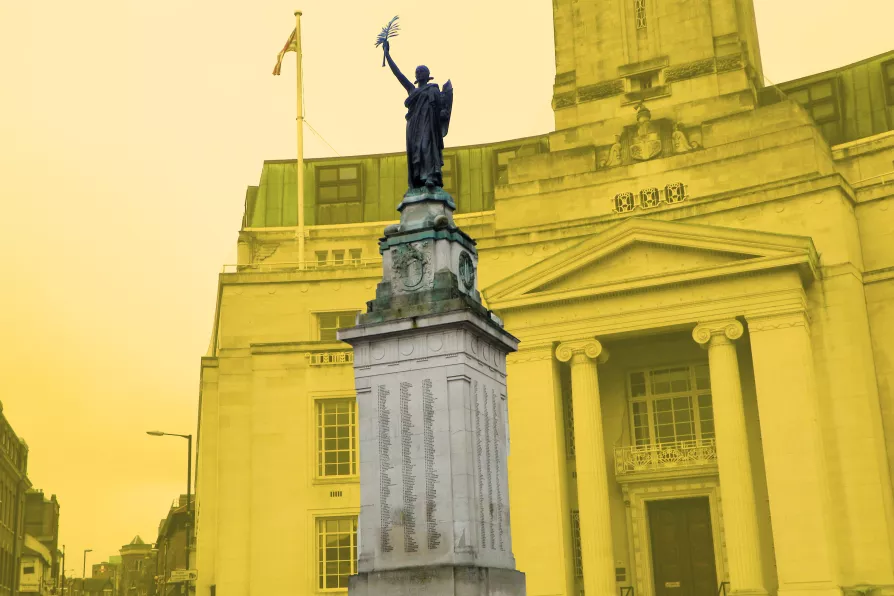RAMZY BAROUD offers six reasons why Netanyahu is prolonging conflict in the Middle East


WE’VE heard of bread riots, race riots, and even cheese riots — but the category of “peace riot” must surely be a pretty select one.
It sounds a bit like a joke, but the Luton Peace Riots, which took place between July 19-21 1919, weren’t funny at all: there were many injuries, hundreds of thousands of pounds-worth of damage was done to the town centre, the town hall was burned down and subsequently demolished, and eventually only a military occupation ended the uprising.
And all of this was over the handling of the armistice celebrations.

While an as-yet-unnamed new left party struggles to be born, MAT COWARD looks at some of the wild and wonderful names of workers’ organisations past that have been lost to time

Edinburgh can take great pride in an episode of its history where a murderous captain of the city guard was brought to justice by a righteous crowd — and nobody snitched to Westminster in the aftermath, writes MAT COWARD












